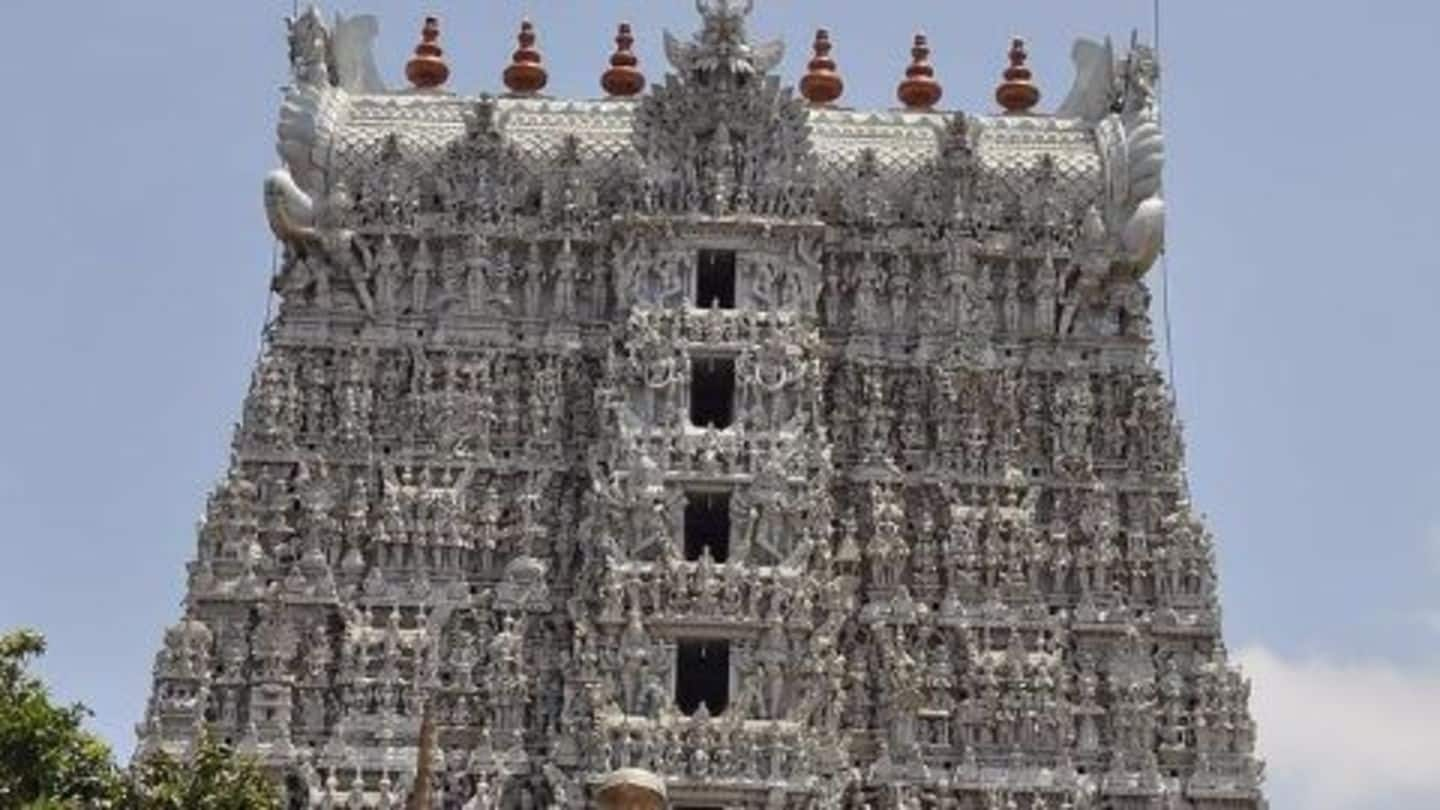
SC: Priests to be appointed based on Agamas
What's the story
The Supreme Court delivered a landmark verdict in the case relating to appointment of temple priests in Tamil Nadu, stating that such appointments can only be made on the basis of the "Agamas".
The court stated that following such appointments would not violate Article 14 of the constitution so long as it is not based on unconstitutional criteria such as caste or birth.
Introduction
What is the basis of the case?
Many temples in Tamil Nadu are governed by Agama texts, that define rules on selecting priests and how to perform certain rituals in the temple.
Petitioners argue that non-Brahmins are discriminated against based on these texts and are barred from certain parts of temples based on their caste.
They added that such acts amount to an infringement of an individual's freedom of religion.
Information
What is an Agama?
Agama is a religious text that describes, among other things, details of how a temple is to be constructed, where idols are to be placed and rituals governing worship of these idols.
1971
DMK amends Hindu Religious and Charitable Endowments Act
The Tamil Nadu temple priest issue traces its roots back to 1971.
Chief Minister, M. Karunanidhi, introduced amendments to the Tamil Nadu Hindu Religious and Charitable Endowments Act empowering non-Brahmins to become temple priests if they possessed the requisite training.
The legislation was seen as the fulfillment of the radical reformist ideas that the Dravidian movement stood for in its early days.
2006
SC: Priests cannot be appointed based on caste
The SC delivered a verdict in 2006, in a case relating to the appointment of priests in Hindu temples in Tamil Nadu, stating explicitly that priests of Hindu temples cannot be appointed solely based on caste.
Emboldened by this verdict, the DMK government issued an ordinance to that effect.
The ordinance was challenged by Brahmins saying it infringed upon their freedom of religion.
Merits
The positive outcomes of the 2015 verdict
The court has effectively abolished the concept of hereditary appointment of priests, which would only limit the function to one family or sect.
By maintaining that the Agama's are the sole point of reference, while also emphasizing the supremacy of the Constitutional rights granted to citizens of India, the verdict strikes a balance between the Tamil Nadu government and Brahmin priest associations.
Demerits
The negative outcomes of the verdict
If the Agamas are to be followed, the role of priests may ultimately remain within the Brahmin community and non-Brahmins may not get the opportunity to practice.
The court ruled that implementation of the judgment has to be done case-by-case as interpretations of Agamas may differ from temple to temple.
Lack of undisputed scholars and documented material make the ruling more difficult to interpret.